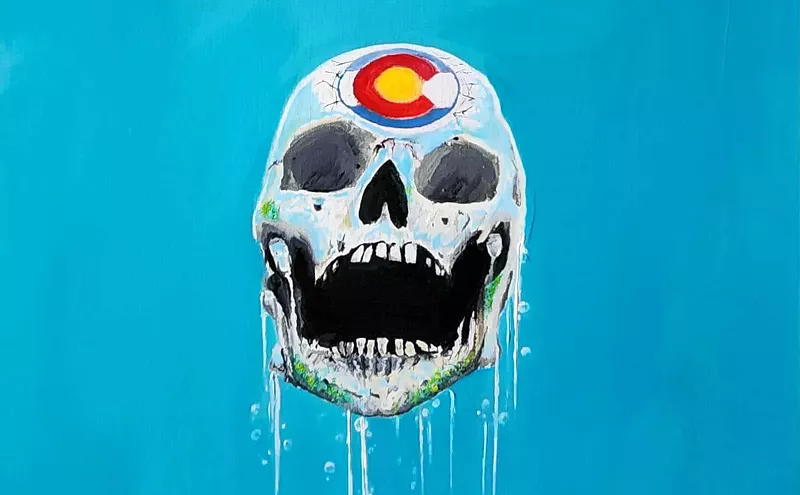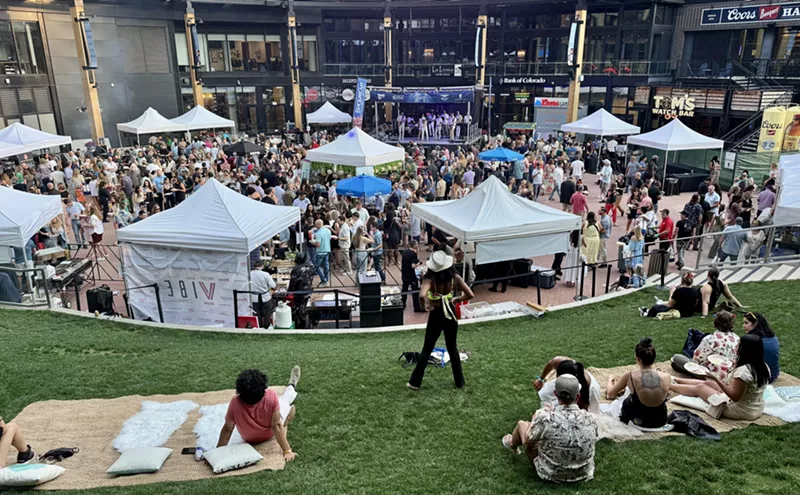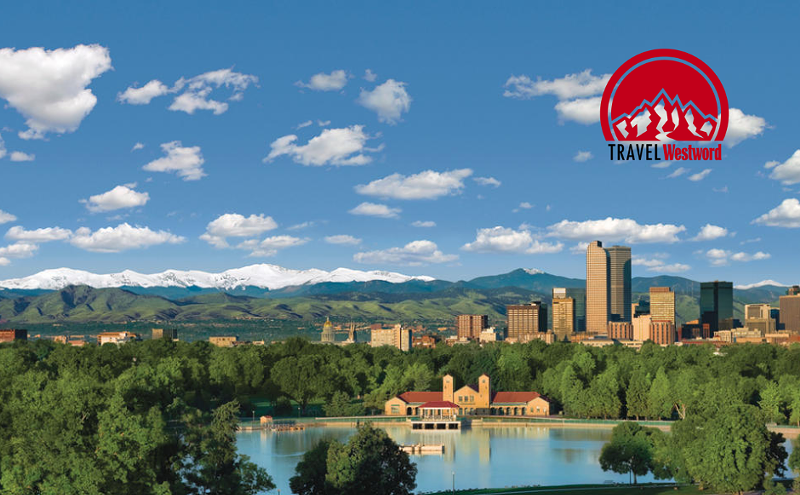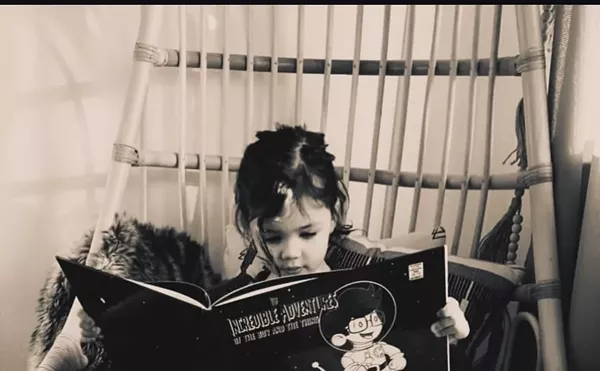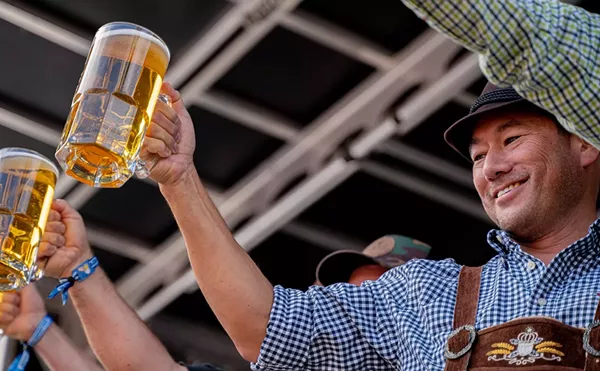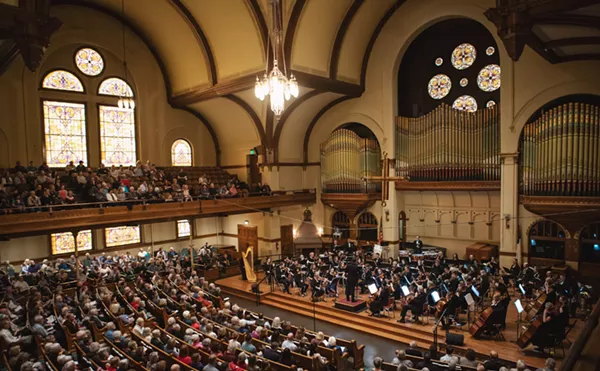Sober for more than two decades, Baxter is an advocate for 12-Step Programs and will be sharing her story this Friday, September 20 at the fourth annual Arapahoe House luncheon, a fundraiser for the non-profit that works to help individuals dealing with alcoholism and drug addiction. In advance of her Denver appearance, Baxter spoke with Westword about staying sober and how she works to connect with fans who reach out to her in their own times of crisis.
See also: Patty Schemel talks about her new documentary, Hit So Hard, and Hole's fifteen-minute reunion
Westword: You've been sober for two decades -- do you feel like this is something that you've conquered or do you still think about it? Meredith Baxter: When I hear you say "conquered" or I hear some people say they are a "recovered alcoholic," I just think there is always a risk. But I'm not lured by the alcohol -- I was blessed in that I sort of lost the desire to drink. My slips are not in romanticizing the alcohol. My slips are in my thinking: when I slip back into old behavior, if I forget about what the principles are and I'm not practicing them. That's when I'm caught -- it's in my mind all the time, because I go to a meeting six days a week. Sundays are the only day I don't.
I was just writing a letter to someone who had written to me, who (told me) she had tried to get sober at one time and didn't have a good time of it. She sounded really reckless and out there, so I was just writing back to her. Then someone found me on Facebook -- which is strange to me, because I hardly look at Facebook -- and this woman wrote me about being an alcoholic and how she's gay and had come out to her family and how terrible it was. They threw religion at her and condemned her. She went back in the closet and got married and is in a ridiculous, horrible marriage.
I am writing back to both of these women and I can't fix their problems -- but all I can do is tell them what I know. Tell them what I've learned and what it was like for me and hope that there's some kind of connection.
Was there a moment or event in your life that initially pushed you to get sober?
I never really sought sobriety? Because hey, it was working for me. I don't know about you, but I didn't have any problem with it -- or so I thought. It had reached the point where I was drinking openly on movies I was doing and I thought I was real cool. I thought I was the epitome of hip, sleek and cool. Now it was my permission, because I was hurt and damaged and all that stuff that I felt so sorry for myself about all of my life.
I had just finished a movie in Canada and the producer called me and said, 'Let's have lunch together.' Just her tone -- she had been a friend. I had done like five movies with her, so we were good friends. During lunch she said, 'I think you have a problem with alcohol.' I thought, how could you say that? Really?
She said, 'We're trying to cut the movie together and your eyes aren't focused and we can't understand you.' I was appalled. She told me that they had been having meetings at the end of every day: What are we going to do about Meredith?
For them to see me as a problem -- the work was the only thing I had. I didn't have any friends, my family was all ripped apart by this horrible divorce I was going through -- and there was a problem with my work? I thought they were going to destroy the only thing I had. I didn't see my part in that, of course. I thought that they were the problem.
The producer suggested I call somebody -- she named a couple of people I actually knew who were sober. Who knew? I didn't know; I hadn't paid any attention to that. But then I started the journey.
I stopped drinking fairly quickly, I think because I was so lonely, I would do anything to stay somewhere. I had no place to be and no one to be with. The kids were with their dad part of the time and if I didn't have my kids, I didn't know who I was. I was a very slow learner, but I hung in there.
What you were saying about drinking on the set -- that, to me, is what is interesting about alcoholism, versus other addictions. Alcohol is celebratory; when we drink, we think we're the "fun guy" in the room. It's easy to not see what other people are seeing.
I wanted to be that person -- I don't know that anyone thought I was. I thought I was. Most of my drinking was sitting at home alone, or sitting in my hotel room, drinking in my car -- that's always attractive. Eleven in the morning was the earliest I ever started drinking -- I thought, well, it's almost lunch.
Why is it important for you to speak out about addiction and sobriety in such a public way?
It's actually letters like these two that I'm working on right now that remind me why it's important. Because it is such a lonely disease and there is a lot of misunderstanding about it. People think it is about alcohol -- and they think it is about will power. And it's not. The alcohol is a symptom -- and a solution. That's what we do to "fix" what's really going on. Our self-esteem has been savaged, even though very often it has been self-savaged. It doesn't really matter how it got there, that's what we're dealing with. It is just so painful, you will do anything you have to do to quell that pain.
Was there something that worked for you -- I know you did the 12-Step program -- or is there something you share specifically when people reach out to you?
I do talk about the program -- for a while, I was taking classes to get my CADC (California's Certified Alcohol and Drug Counselor credential) because I thought it was interesting. I wasn't sure if I was going to go forward and actually do that, but I thought it would be helpful. A good friend of mine was teaching one of the classes and one of the first things she said was, Alcoholics Anonymous is not the only way to get sober.
I bolted up in my chair and thought, what! I hope no one heard you say that. I thought, that's heresy. But I came to understand that, oh, that doesn't work for everybody. The 12-Step Program worked for me and I don't know if I could have done it any other way -- but I don't have to find out. My son doesn't mind me saying this, but he is "clean and dry" for 21 years. I tried to send him to 12-Step programs and he told me he was going to call the sober police on me, because according to the program, that was not done.
He tried a couple of meetings and he did not like them at all -- and in the area where he was living and going to meetings, I had been there and I could see why he wouldn't. I thought they were terrible meetings. So there are many ways. But I think so much of it is about accepting responsibility. So much of it is about those steps -- like my son took -- you don't ever have any benefit of the program, having to go back and be accountable. No self-examination at all.
He's a bright man, but I see a lot of the anger that could be helped. Once you take away the alcohol, you have the same damaged person, with that same thinking. But that's just the way I see it. Other people may not see it that way.
Was 12-Step the first idea for treatment you had when wanting to get sober?
Well, it wasn't even my idea -- the producer said, hey, I think you should call one of these two women. They are both in the 12-Step program; they are waiting to hear from you. Again, this horrified me. Then I went to the first meeting and one of the women I knew was speaking and I sat there and cried with my head between my knees and I was so angry.
I thought, someone called her and told her to say this stuff, because she is telling my story. I heard her speak again some years later, and there was nothing in her story that was similar to my story. But it was the feelings I heard. That sense of loneliness, marginalization, abandonment and despair -- all of that, which so many alcoholics feel. But I thought she was talking about me.
That was a gift. You want to think you are talking to somebody in the room, that they are hearing you that way. I turned mine to anger and I had to go out and drink for a couple more days, but I came back. I had nowhere else to go.
Seating for the fourth annual Arapahoe House luncheon with Meredith Baxter this Friday, September 20 begins at 11:30 a.m. at the Seawell Ballroom in the Denver Performing Arts Complex. Tickets start at $75 and can be purchased through the non-profit's website.
Follow @WestwordCulture




